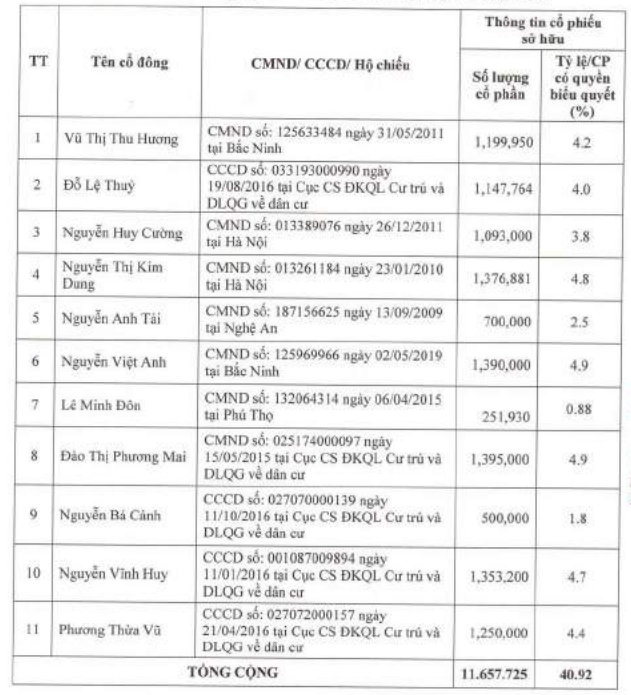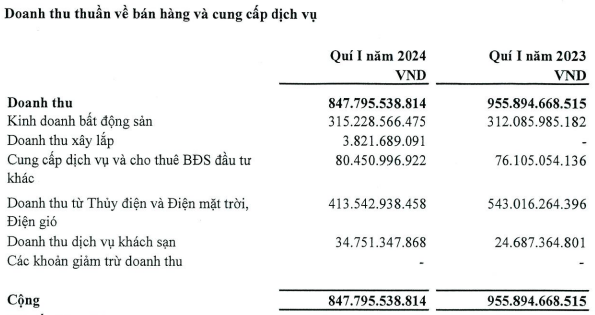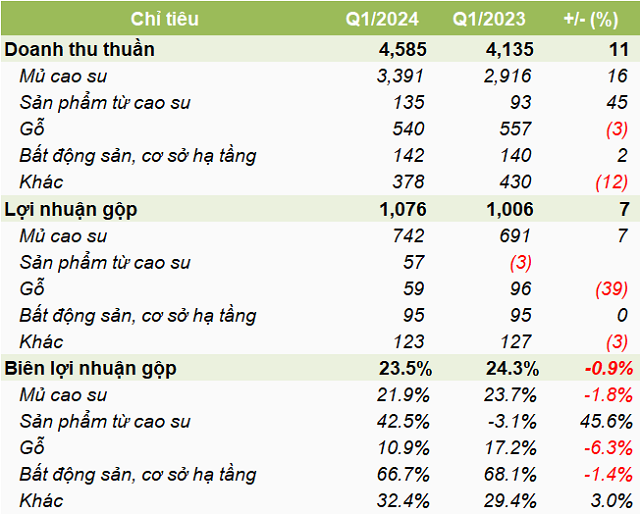
An image of a production line for export goods. (Photo: Trần Việt/TTXVN)
|
Infobae, one of Argentina’s famous newspapers, posted an article on February 23rd predicting that Vietnam would lead the world in growth in the next decade.
In the article published in Infobae’s World section, journalist Rossana Marín emphasized that Vietnam is a preferred and promising destination for multinational companies to establish their production activities, especially in areas such as technology and automobiles.
Titled “Which country will lead global asset growth in the next decade?,” the article cites the research findings of global asset intelligence company New World Wealth and immigration investment advisor Henley & Partners, affirming that Vietnam will become the country with the largest asset growth in the next decade.
This notable growth is due to Vietnam’s transformation into a global production hub, with an expected asset accumulation growth rate of 125% over the next 10 years.
With this growth rate, not only will Vietnam’s per capita Gross Domestic Product (GDP) be high, but the number of millionaires will also increase significantly, along with strengthening its position as a top destination for international investment.
Author Marín cites McKinsey’s analysis of Vietnam’s mentioned boom, including factors such as its strategic geographic location with a shared border with China and proximity to important sea trade routes, combined with low labor costs and favorable infrastructure for exports.
The article quotes Andy Ho, Director of Investment at VinaCapital Group, who highlights that “Vietnam is developing rapidly, and most people are benefiting.”
Meanwhile, Andrew Amoils, an analyst at New World Wealth, believes that the development is taking place as Vietnam is increasingly seen as a popular production base for multinational companies in technology, automobiles, electronics, clothing, and textiles.
According to Infobae, the attractiveness to corporations, combined with the reputation for safety, has attracted investors to build factories and establish production activities in Vietnam, contributing significantly to economic growth.
According to data from the World Bank cited by CNBC, Vietnam currently has 19,400 millionaires and 58 billionaires, tangible evidence of the increasing economic attractiveness and investment potential.
The author evaluates, “This increase in the number of individuals with high purchasing power is a sign of the country’s economic dynamism and the ability to attract and generate wealth. Vietnam, the focal point of Southeast Asia’s economic boom, is expected to experience an asset growth rate of 110%.”
Regarding attracting foreign direct investment (FDI), the article acknowledges that Vietnam has become an attractive destination for investors, with a 32% increase in 2023 compared to 2022, reaching $36.6 billion.
FDI is an important driving force for Vietnam’s economic growth and supports its industrialization process, with a focus on exports. Vietnam’s industrialization has been reinforced through three waves of FDI attraction over the past three decades.
Brian Lee, an economist and Assistant Vice President at Maybank, commented that Vietnam is on the verge of a fourth wave of FDI attraction, which can further boost the country’s economic development. FDI brings good jobs with decent wages and enables millions of Vietnamese people to improve their quality of life.
Infobae suggests that Vietnam should enhance the training of its workforce to meet the needs of complex production activities requiring various skills. It also recommends increasing labor efficiency and productivity through closer cooperation between foreign companies and domestic partners.
Diệu Hương









































